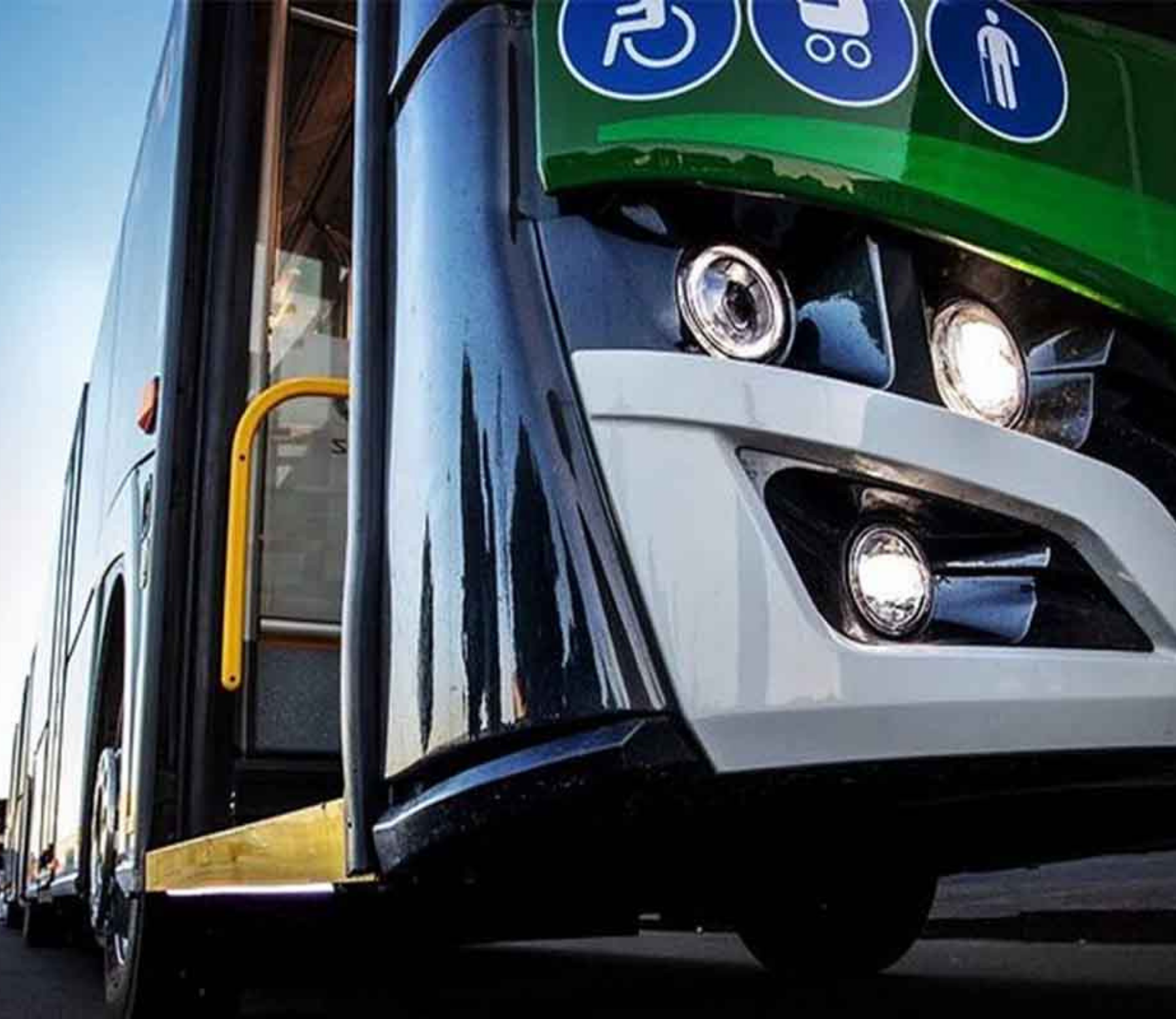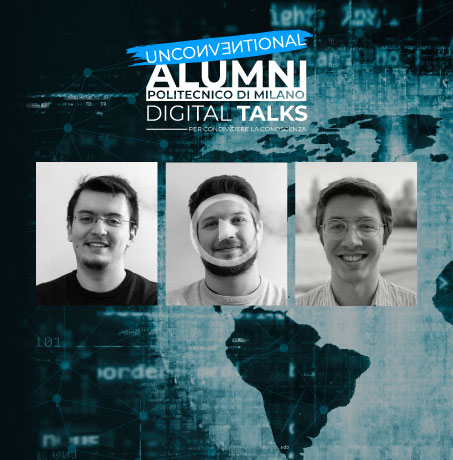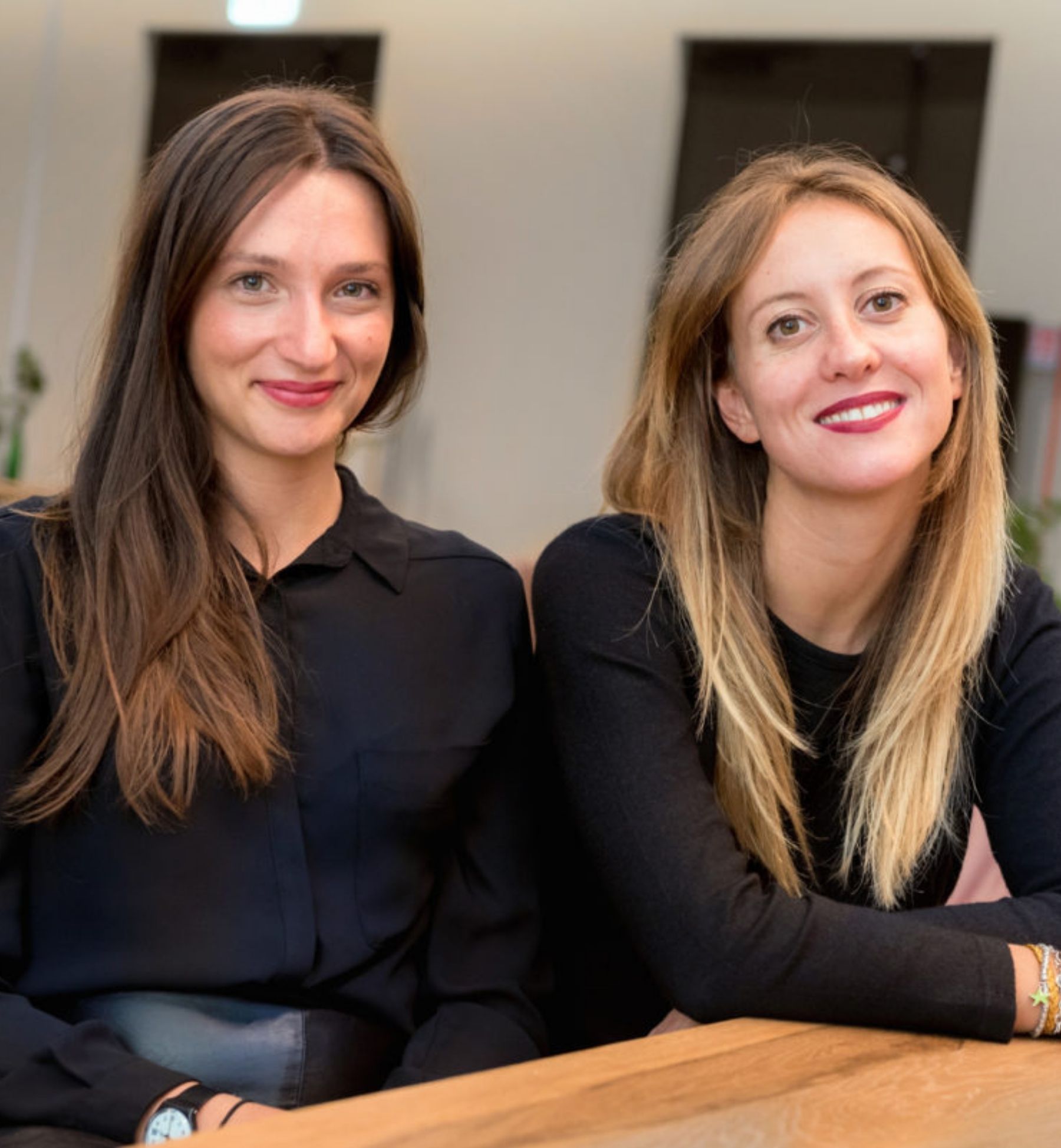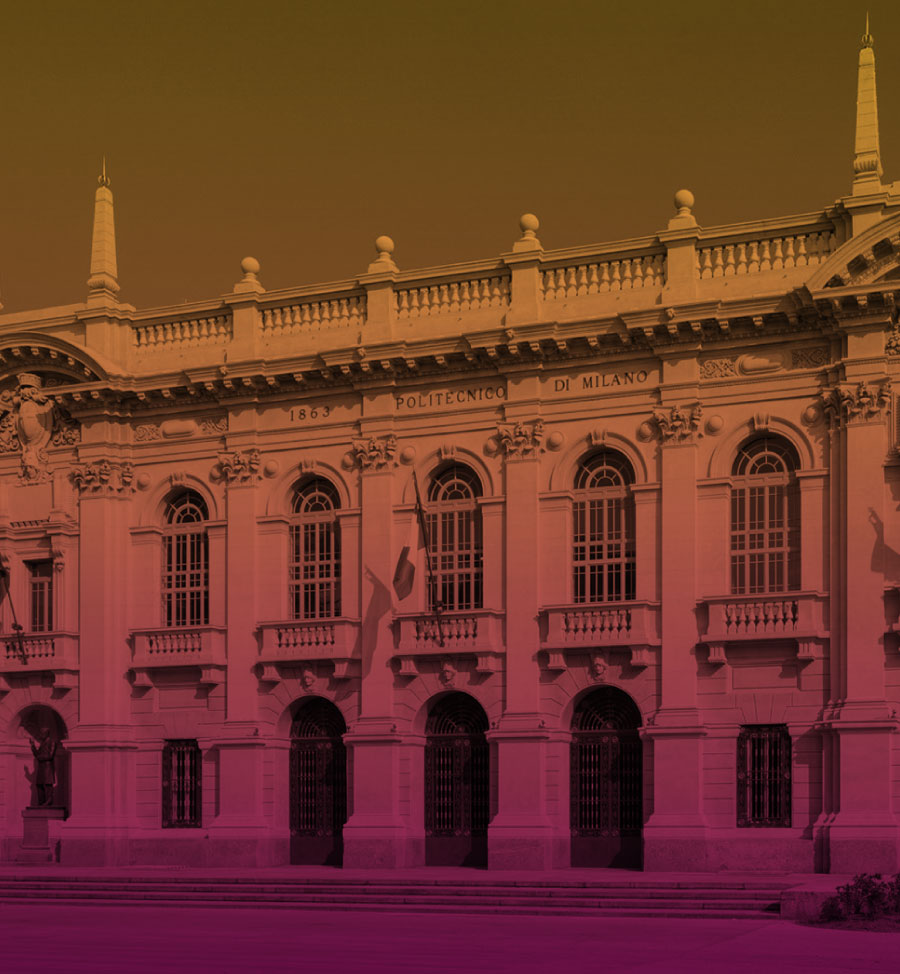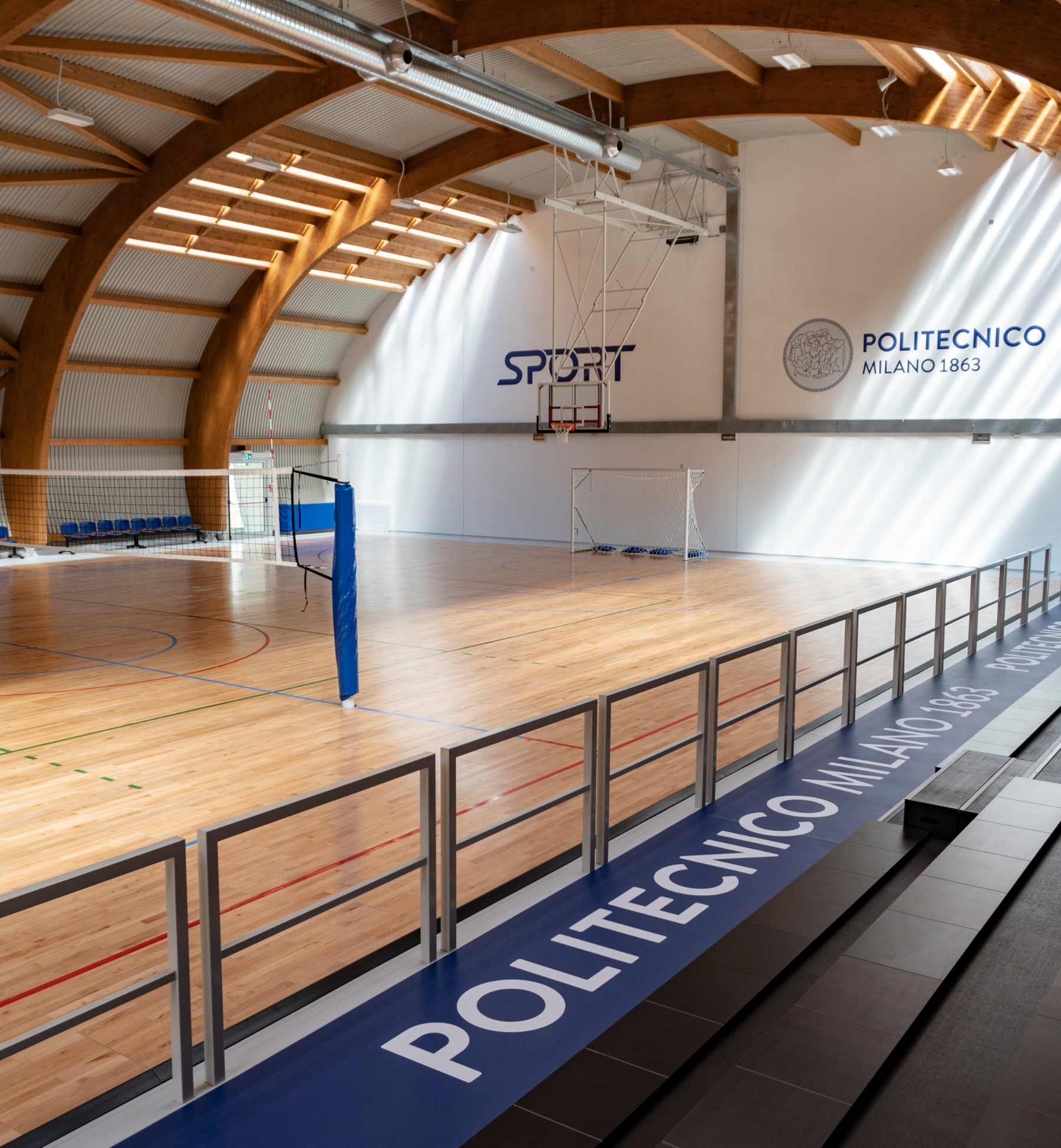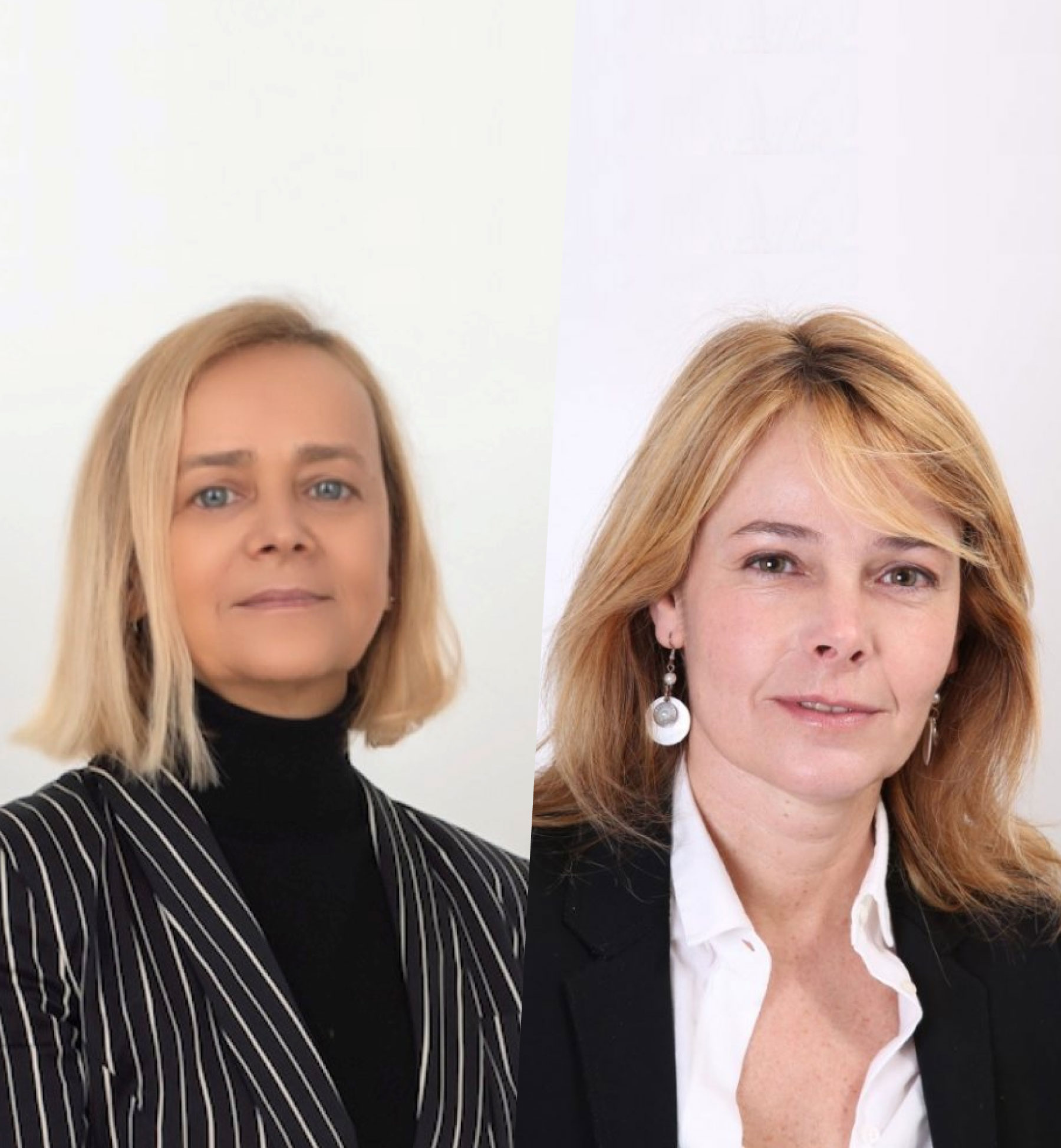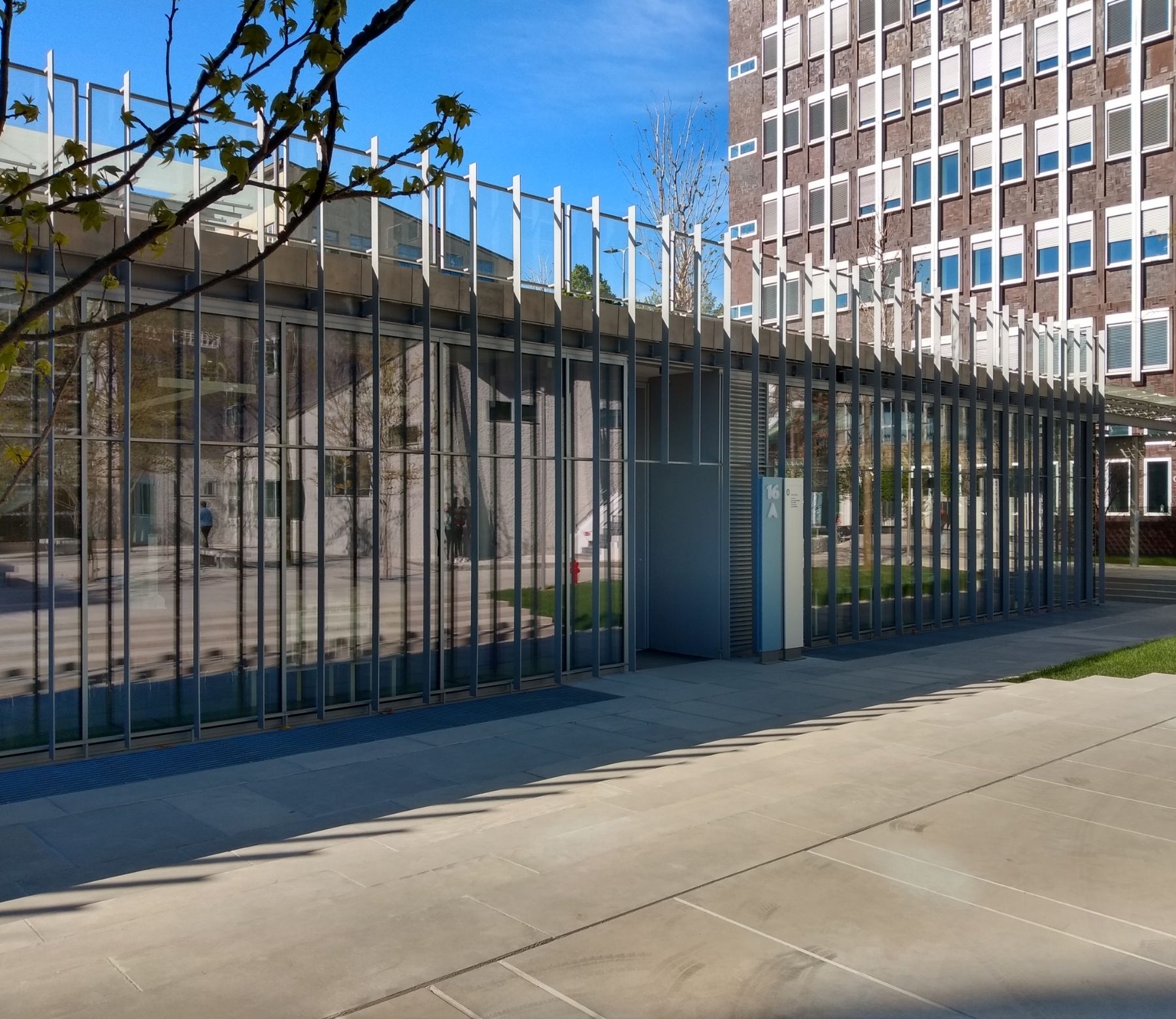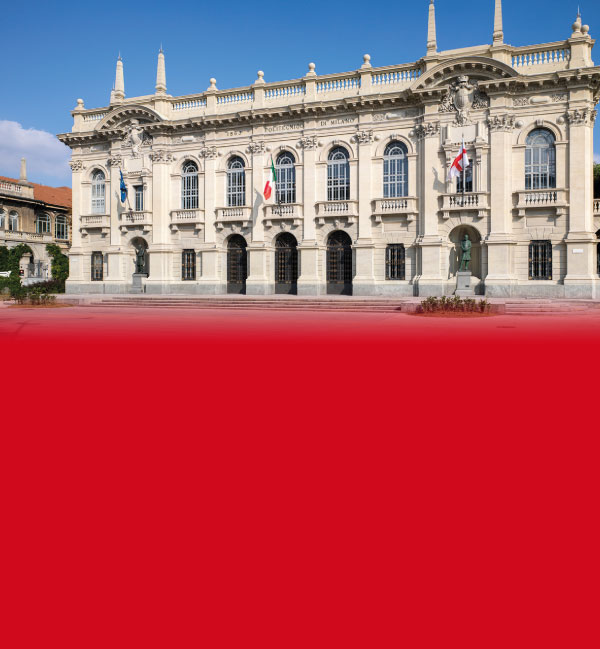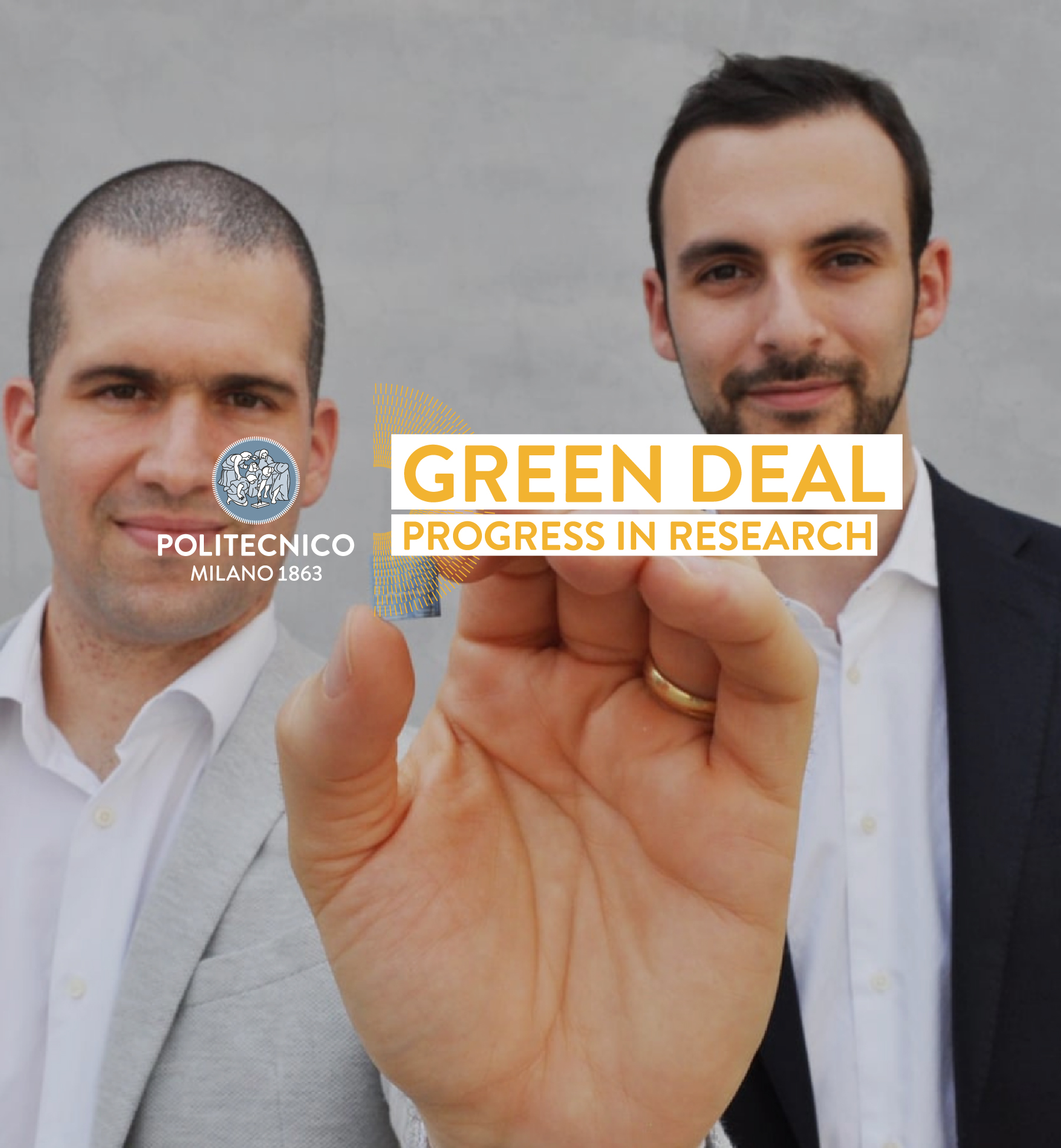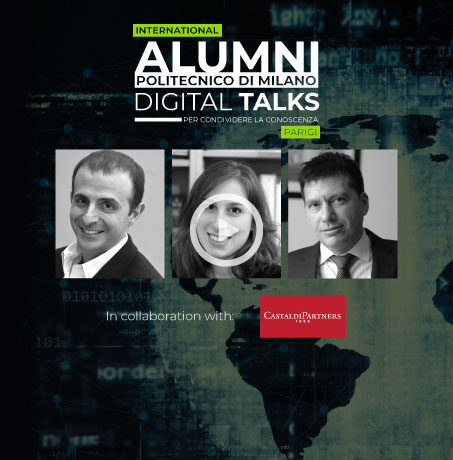Politecnico di Milano, ATM and the Municipality of Milan, together with Vodafone and IBM, unveil the TECH BUS , the first bus developed through an innovative research project on mobility. The project implements hybrid cloud technologies connected to the 5G network for assisted driving.
"Mobility is a key sector for the development and growth of the territory and cities, a crossroads between cutting-edge technology and organization - says Ferruccio Resta , Rector of the Politecnico di Milano - Here are some of the great challenges of the future. Milan, like other cities in the world, is the backdrop of experiments that combine the skills of the university with technologies made available by some large companies, with which the Politecnico di Milano has been working in synergy for some time. A project that aims to become a proof of the combination of technologies for sustainable and safe mobility ”.

The project, which has just started and is being tested, was developed in the Joint Research Lab for autonomous and connected electric urban mobility (JRL), an ecosystem that includes universities, industry and institutions: its primary mission is to implement autonomous driving and the creation of an urban circuit with a smart and technologically advanced infrastructure , which allows the transit of experimental vehicles to improve the movement of citizens and visitors to the city.
It is a test for Milan, which has always been at the forefront as a green and innovative city, to be carried out together with the leaders of research (Politecnico di Milano and Fondazione Politecnica), technology (IBM and Vodafone) and transport ( ATM Milan). It is the first step on the path towards autonomous driving, with the aim of raising even more the levels of regularity and safety of local public transport .
HOW DOES THE TECH BUS WORK?
The first TECH BUS will be a Bus of the 90/91 ATM line , chosen because most of its route takes place in a dedicated preferential lane, and will be recognizable by the blue and indigo colors, which represent the technological evolution and green, which represents the environmental sustainability of the electric traction vehicle.

On a technological level, the V2I (Vehicle to Infrastructure) communication will allow the dialogue between the intelligent sensors on board the bus and road infrastructures such as traffic lights, street lamps and shelters. This continuous flow of information is guaranteed by the Vodafone 5G network and the IBM application interfaces , which in parallel allow the continuous availability of additional information such as the presence of traffic jams , obstacles, people close to pedestrian crossings , on-board systems and the driver, to support safe driving.
ECH BUS represents further progress in the New Urban Mobility chessboard, which combines technology and sustainability towards the avant-garde of Milanese public transport.
The experimentation has just begun, but the timetable currently foresees that in two years the project can be extended to the other trolleybuses of the ATM fleet in service on the 90/91 line.
MAP is the magazine of the Alumni of Politecnico di Milano The magazine is your compass to navigate everything that is developing and changing in our University. Below you will find a related article : if you like what you are seeing, support us . You will be able to collect your copy for free.
Credits header: Photo by Ant Rozetsky on Unsplash
Credits home: allaguida.it


